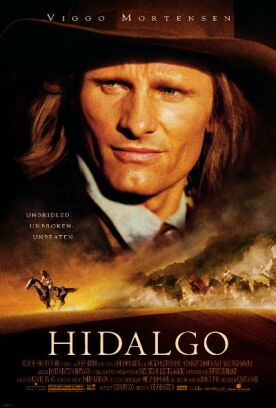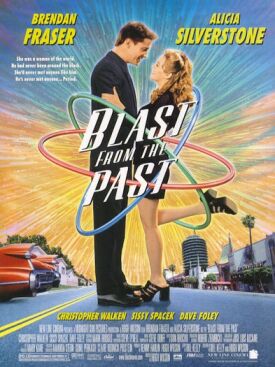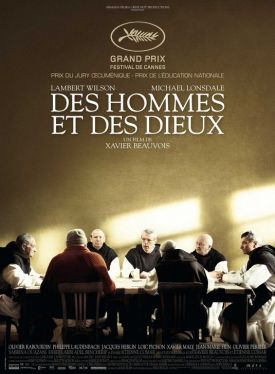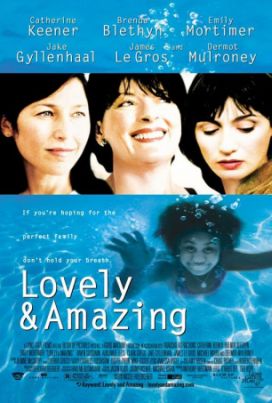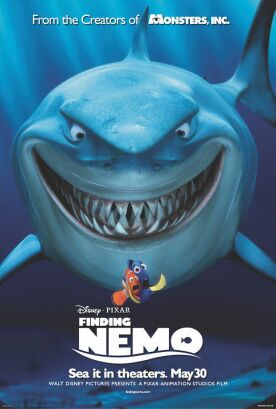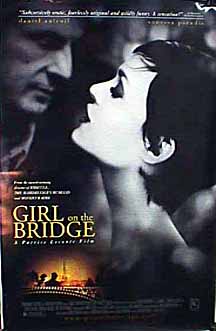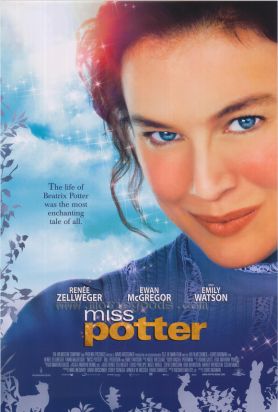Hidalgo
“Mister, you can say anything you want about me, but I’m going to have to ask you not to talk about my horse that way.” Thus the rough and ready cowboy Frank Hopkins (Viggo Mortensen) to a dandyish, effete sort of feller who has uttered a racial slur against his mustang, just before he knocks him out with a single punch in the Disney picture, Hidalgo. You’ve got to wonder about a line like that. Did the writer, John Fusco (Spirit: Stallion of the Cimarron), not know how ridiculous it would sound? That seems scarcely credible, so we are driven back upon the only other possible explanation: that he was trying to create a po-mo version of the Tom Mix-era cowboy — a man so manly that he can hardly speak and loving his horse more than any human being but also a racially and environmentally sensitive, Disney kind of guy.
Directed by Joe Johnston (Jurassic Park III, October Sky), Hidalgo tells at inordinate length the allegedly true story of Hopkins’s victory in the 1890s, on the mustang, in a 3000-mile Aden-to-Damascus horse race across the unforgiving Arabian desert, against thoroughbred Arabian steeds and sneaky, unprincipled Arabian riders. I don’t know any of the historical details but I can tell this at a glance: whatever else this story may be, it is not true. Typical of the Disney brand-name, its tedious didacticism is in the service of an unimpeachably progressive racial consciousness that would have been simply unimaginable in 1890.
Here, is a brief summary of the hierarchy of worthiness among the living creatures that it portrays.
Horses, of course, are at the top, and along with them “nature” in general. Even locusts are “a gift from Allah and not a plague.”
Then come American Indians, who are all good and noble and wise. Just beneath them comes the Indian-white mixture, of which the only example is Hopkins, the hero. He is obviously good and only fails to be as good as his Indian side because, until he learns better, he is conflicted about his racial identity.
Then come black people. Again we don’t have a wide sample. In fact, there are only two, but one is noble and self-sacrificing (as well as being a warrior of magnificent prowess) and the other, a child slave purchased by the hero, is charming and lovable but mischievous.
Then come the Arabs, who, so far as we can tell from this movie are about half good and half bad — even the good ones childishly attached to their quaint religious customs, it’s true, but secretly longing to be Americans.
Below them come white Americans, who are mostly bad but with a few good or sort-of good guys among them.
Finally, at the very bottom are the British, and especially the British upper classes and their well-dressed, well-spoken American and Arab imitators, who are all bad.
But then you could have guessed that, couldn’t you?
Likewise, it will probably come as no surprise that Sheikh Riyadh (Omar Sharif), “the Sheikh of all Sheikhs,” is gruff but kind-hearted and inclined to revise his views about the purity of the Arabian blood-lines under the influence of the mixed-breed Hopkins and his mixed-breed horse. Nor that his beautiful daughter Jazira (Zuleikha Robinson) is impatient under the disciplines of Islam, casting off her veil and refusing to be a prince’s fifth wife. Nor that her father is ultimately indulgent to her disobedience and even unchastity (by Muslim standards) with Frank.
True, the point about how Frank’s learning to accept his true (that is, Indian) nature is like Jazira’s accepting her true nature by discarding the veil is a bit jumbled and incoherent. But the power of the spirits of Frank’s Indian ancestors, who obligingly put in an appearance in a mirage just as he is about to give up and shoot his poor exhausted mustang within sight of the finish line, will be readily comprehensible to all. Certainly it has a stunning effect on the horse.
The moral of the story: always bet on the racial hybrid, and avoid anyone who uses the word “purity.” Also, of course, the British.
Discover more from James Bowman
Subscribe to get the latest posts to your email.

